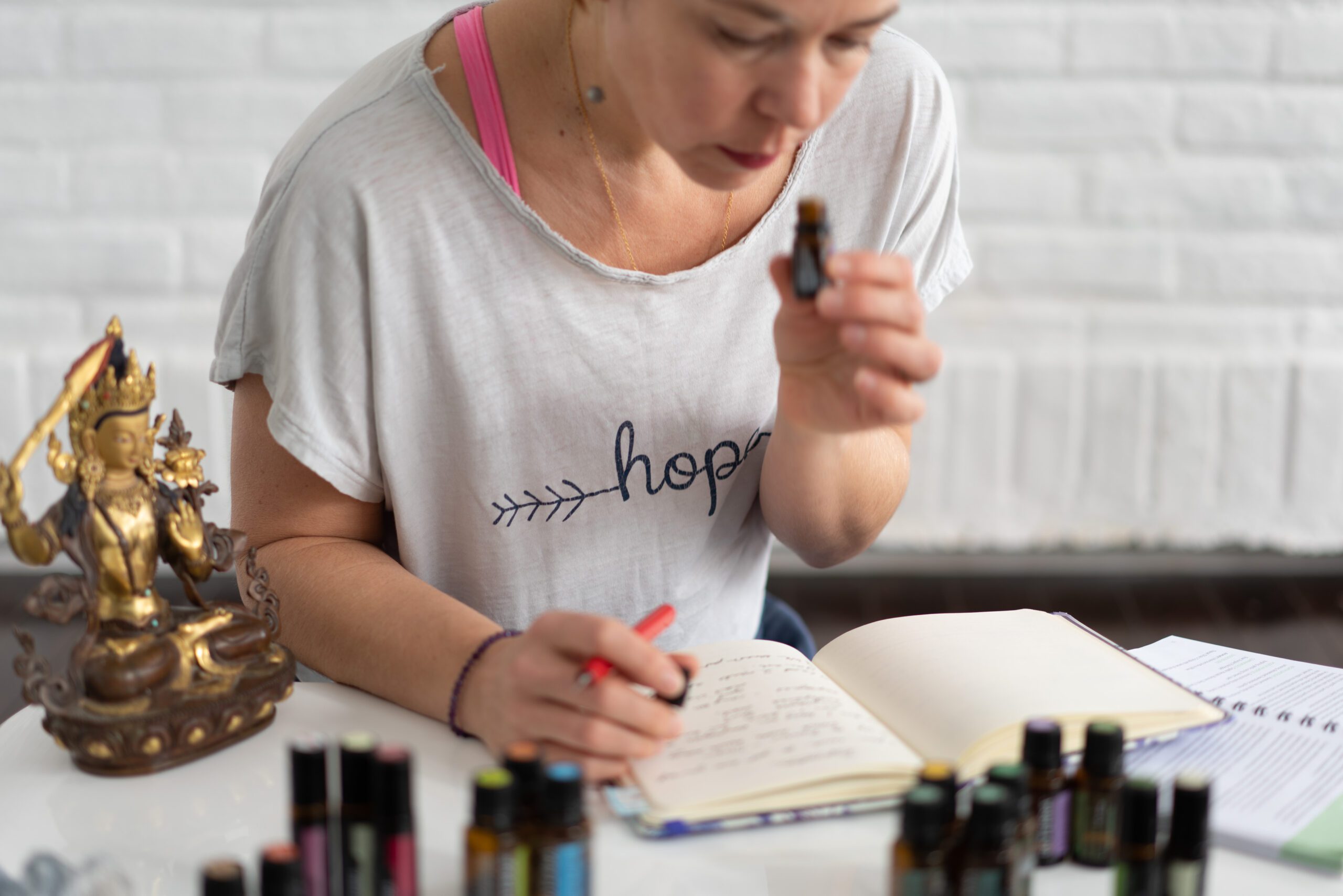Serotonin deficiency. Serotonin is one of the feel-good hormones, like endorphins and dopamine. Vitamin D is the vitamin responsible for producing this hormone, and we know with less exposure to the Sun in the Winter our levels can drop.
Irregular melatonin levels. Melatonin is a hormone that controls your sleep cycles and wakefulness. When it’s dark, your body produces more melatonin, causing you to feel tired. That’s why you may feel sleepy more often in the winter.
Upset circadian rhythm. Also referred to as your biological clock, your circadian rhythm can be disrupted as the daylight hours grow shorter and shorter. Your body may have a hard time adjusting to a normal sleep schedule because of this disruption.
The good news is that there is a way to lift your mood naturally. Winter is naturally a time to slow down, just as nature shows us, but it doesn’t mean you have to be stuck in feelings of despair and disinterest. Some simple ways you include taking a high quality Vitamin D supplement, getting out into the Sunshine as much as possible on brighter days and incorporating Essential Oils into your routine.
How do Essential Oils work?
Essential Oils have a positive effect on your mood. When you inhale an Essential Oil the small compounds send signals to the Olfactory system and these tell the brain to call on the appropriate neurotransmitters to regulate your mood. Studies show that Essential Oils such as Bergamot, Lavender and Lemon trigger the brain via the olfactory system to release mood regulating hormones of serotonin and dopamine, both of which are associated with SAD. Essential Oils have a balancing effect on the mood, binding to cell receptor sites, blocking, activating & modulating the impact of neurotransmitters. In a 2013, article researchers at Xiamen University, China, reported “Most studies, as well as clinically applied experience, have indicated that various essential oils, such as lavender, lemon and bergamot can help to relieve stress, anxiety, depression and other mood disorders. Most notably, inhalation of essential oils can communicate signals to the olfactory system and stimulate the brain to exert neurotransmitters (e.g. serotonin and dopamine) thereby further regulating mood. Source
Which Essential Oils help?
Citrus Oils
Powerful at lifting energy upwards and outwards. They evoke sunnier days and have an expansive uplifting effect. Bergamot and lemon oils are among the most widely-researched for positive effects on mood. Rodent studies show that lemon oil is antidepressant (Komori et al 1995) and invigorating (Komori et al 2006). It also reduces anxiety and boosts both serotonin and dopamine (Komiya et al 2006), two neurochemicals that are often reduced in SAD. The citrus oil that has been most widely researched for mood effects in humans is Bergamot. Bergamot is a key Essential Oil for balancing and harmonising, while bringing perspective. Studies show that Bergamot oil inhalation, from diffusion or water- based sprays, has shown significant effects in the reduction of anxiety in 53 patients awaiting surgery, compared to 49 control patients (Ni et al 2013) and a reduction of stress hormone cortisol, along with reduction in self-reported fatigue and anxiety in 41 healthy women, within 15 minutes (Watanabe et al 2015).
